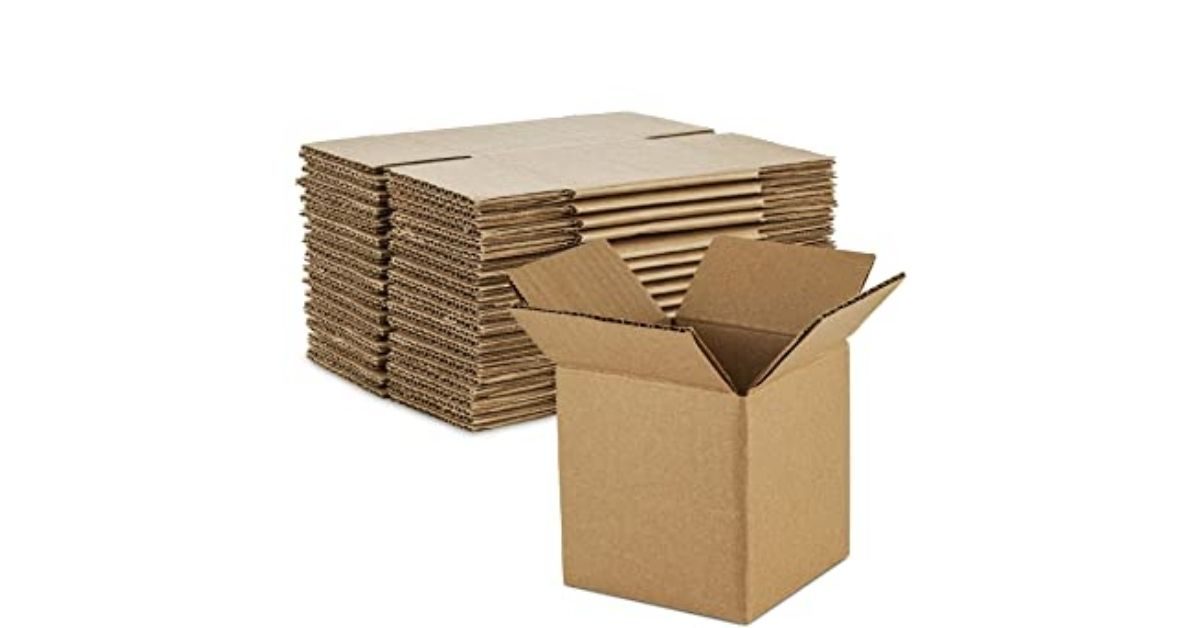Of late, the rates of principal raw materials used in corrugated packaging have increased manifold, causing huge setback for corrugated packaging industry. The prices of kraft paper, a principal raw material in corrugated packaging industry have shoot up to Rs 5,000 per tonne within a short span of ten days. According to Federation of Corrugated Box Manufacturers of India (FCBM), the price hike may not stop here and it may further escalate in the coming days.
The industry has cited increase in cost of production due to the coal price hike from Rs 5,000 per tonne to Rs 15,000 per tonne. The surge in coal prices has escalated the cost of production for paper mills as they use coal as main source of energy. The surge in coal prices has resulted in increasing the cost of production of paper mills by about Rs 3,500- 4,000 per tonne.
At a juncture when China is currently facing a severe shortage of power, the demand for finished paper from India and other parts of the world has started to become stronger. This has nevertheless, formed a sense of hopefulness in the Indian markets as it can fulfil the capacity available. But imported waste paper is touching all-time highs every day due to sustained self- consumption. There has been an almost seven-fold increase in global container freight charges and has only added fuel to the raging spike in imported waste paper prices.
Furthermore, the price of starch too has shot up by Rs 4,000 per tonne in the last one month. The cost of straps have surged by 15-20 per cent and stitching coil by 30-40 per cent. The increase in diesel price has also caused increase in incoming and outgoing freight costs.
The shortage of coal has made paper mills to pay in advance instead of using earlier 90 days of credit mode. Furthermore, higher local waste paper prices have completely disrupted cash flows of the mills. Consequently, this has led to mills cutting all credit terms to corrugators creating a chain reaction. The increased cost of coal, starch, freight, labour, and other spares and consumables, the conversion cost of the corrugators has increased by Rs 1,500-2,000 per tonne.
The spiralling raw material prices for corrugated packaging will lead to distraction in the efforts of FCBM, which is striving to improve the quality standards of corrugated packaging in India to meet the global supply chain demands.
In tandem with global efforts, India too has been witnessing extensive awareness of the effects of climate change and harmful aftereffects of single-use plastic products. The bulk consumption of single-use plastic is in the unorganized retail sector, hotel & hospitality sector, and in agriculture/ horticulture sectors where the end-user/farmer is not able to take credit of GST charged on eco-friendly corrugated packaging.
The recent initiative taken by the central government to increase GST levied on corrugated boxes from 12 per cent to 18 per cent has permanently halted the gradual switchover from plastic to paper in the unorganized retail sector. If the government wants to promote eco-friendly packaging by replacing plastic it should incentivise farmer by lowering the GST and should also provide an incentive for shifting mind-sets towards paper-based packaging. The corrugators are facing several problems right from working capital requirements to rising RM cost which are paralysing the industry to move forward. Industry experts and FCBM have appealed to all stakeholders including the government to take necessary steps to help the industry out of this crisis and enable its survival.






